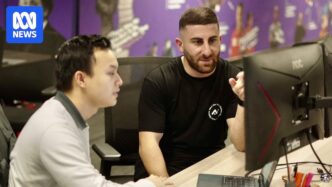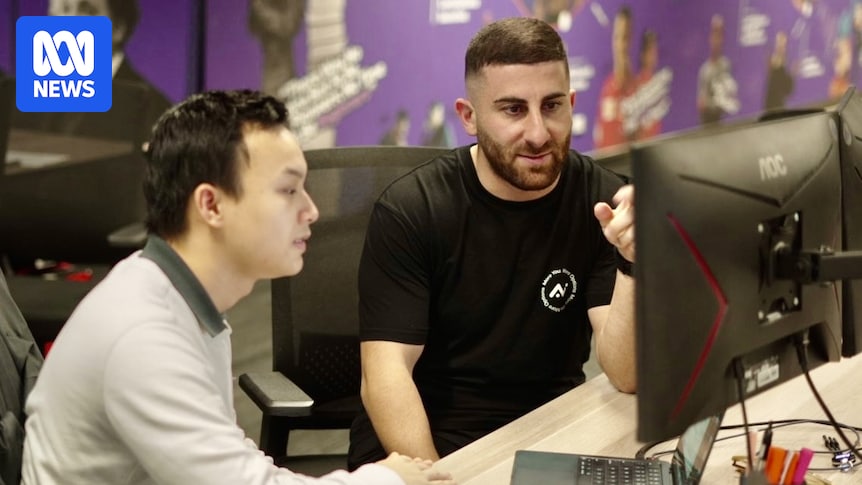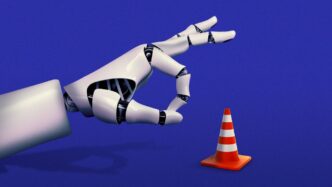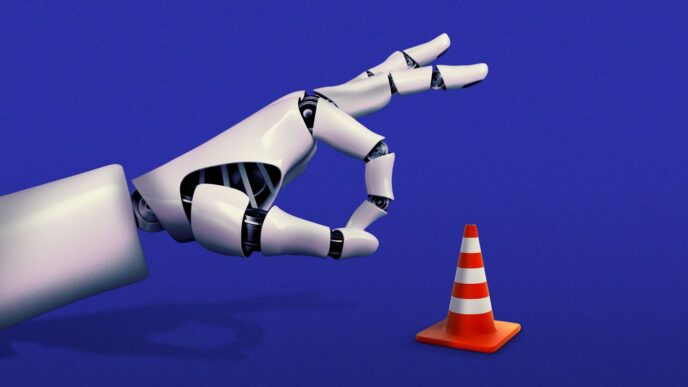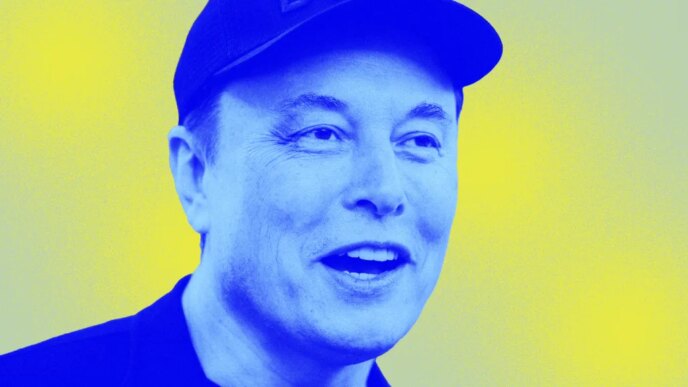Australian job market braces for AI-driven shake-up as entry-level roles vanish
Australian workers are already feeling the pinch as artificial intelligence cuts into entry-level jobs. Recent data science grad Tien Hung Nguyen landed a rare full-time gig only after 30 applications and an internship. Most of his friends remain job hunting, blaming AI.
He told ABC News:
"Since AI appeared, for example, a team might have needed three or four juniors and a senior.
Now, it’s one junior and AI.""There are fewer opportunities for young graduates."
The phenomenon is hitting junior positions hard worldwide. In the US, layoffs are accelerating at tech giants like Amazon and Microsoft as AI takes over routine tasks. The unemployment rate for recent grads there is nearing 6%. In Australia, youth unemployment inched up to 9.2%, above the national 4.1% rate.
Economist Leonora Risse highlighted the risks for young workers:
"Young people tend to be the group that experience the greatest volatility in the labour market."
"So when the economy takes a downturn, it’s young people who are more likely to lose their jobs or to struggle to get a foothold in the job market."
Tien now works at an AI startup that has already offloaded much of its admin work to machines. CEO Julian Fayed said:
"Our technology is advancing, and our AI implementations are advancing at a rate that means that our headcount isn’t really growing anymore."
"A lot of the lower-level tasks our team didn’t enjoy doing, AI can now do 24 hours a day, seven days a week.
No sick days. That’s the slightly dark joke."
Big employers are openly expecting job cuts too. Telstra CEO Vicky Brady warned that AI will reshape workforces by 2030. Commonwealth Bank’s Matt Comyn admitted:
"It’s hard to make predictions, but I think in some areas, it’s reasonable to say the workforce will be smaller."
Recruiters agree juniors face the biggest threat. Dario Amodei, CEO of Anthropic, says up to 50% of entry-level white-collar jobs could vanish in five years. Aura recruiter Aaron Matrljan said:
"Things that we would get juniors to be trained on — that would usually be a learning exercise for them — can now be done so much more cheaply and effectively by AI in a matter of seconds."
"Once people master it, the next step is: how does that affect staffing?"
"The next intake of graduates is going to be really interesting… how many grads do we need, how many trainees do we need to do the tasks that AI can do now so much quicker."
The upside: AI could push workers toward higher-value roles, boosting productivity and wages — if benefits are fairly shared. Risse said:
"We don’t want to outsource what makes us human to computers or to robots. We want to hang on to that and elevate that."
Still, she warns many will need to retrain. She pointed to growing care and community sectors as safe bets. Fayed offered blunt advice to students:
"For anyone thinking about what to study — you absolutely should be considering whether your future role is at risk from AI."
"I do think this is going to be very, very disruptive."
The AI disruption is underway. The workforce is shrinking. And the competition for jobs, especially for juniors, is heating up fast.
